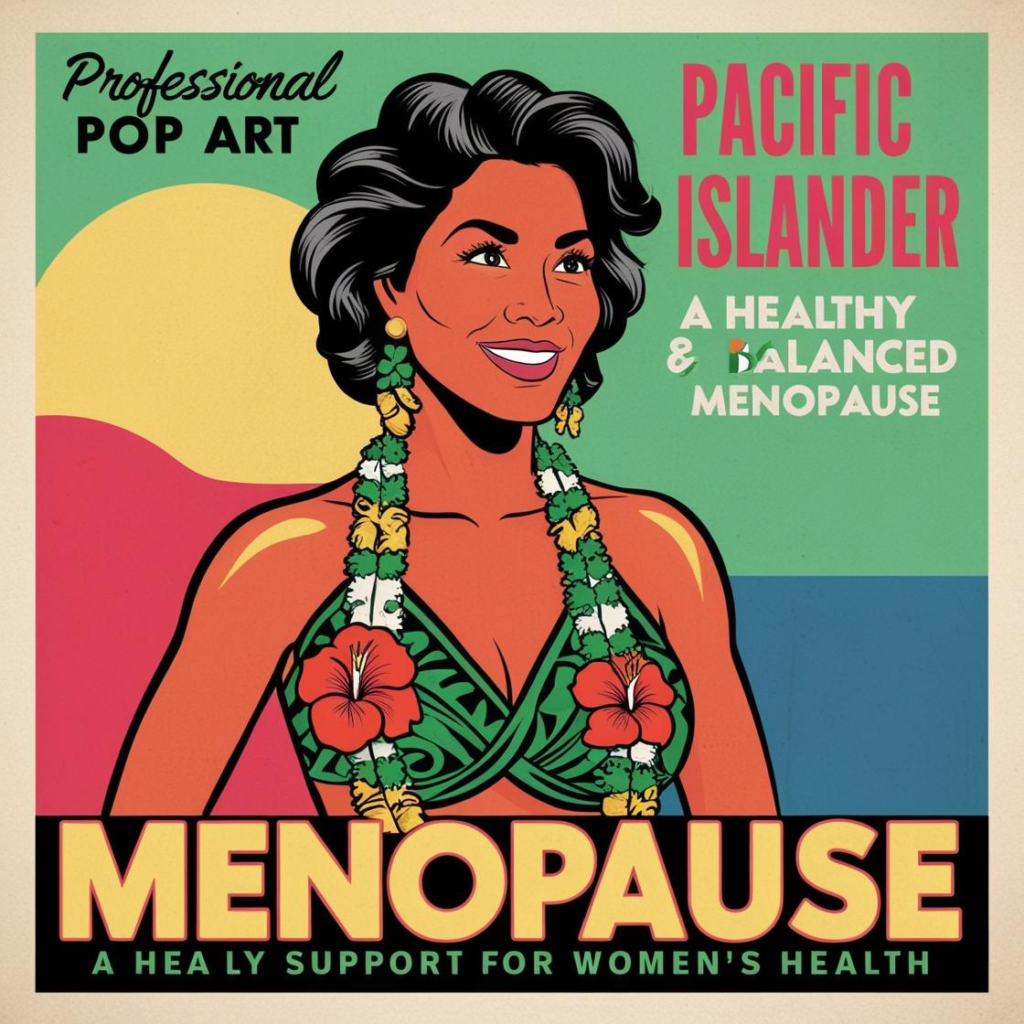Menopause can be a challenging journey for many women, especially with the physical changes it brings. One of the areas most affected is vaginal health, with symptoms like dryness, discomfort, and even pain during intercourse. Understanding how menopause impacts your vaginal health can empower you to take proactive steps towards comfort, confidence, and well-being. Here, we’ll explore what’s happening, why, and practical ways to manage these symptoms effectively.
What Changes Happen in Vaginal Health During Menopause?
During menopause, estrogen levels decline, which can affect the natural lubrication and elasticity of vaginal tissues. This reduction in hormones may lead to a condition known as vaginal atrophy, where the vaginal walls become thinner, drier, and less flexible. It’s a natural part of the process but can make daily life and intimacy uncomfortable. Knowing these changes can help you recognize and address symptoms early on, maintaining a fulfilling quality of life.
Why is Vaginal Dryness So Common in Menopause?
With lower estrogen, the vaginal glands produce less moisture, leading to the dryness that many women experience. Without the protective effect of estrogen, the vaginal tissues may also become more sensitive and prone to irritation. Understanding that dryness is a physiological response to hormonal changes helps frame the solutions, focusing on hydration, specific lubricants, and sometimes medical intervention. Feeling supported is essential during these shifts, and AMAE Clinic is here to guide you every step of the way.
Practical Advice for Managing Vaginal Dryness
There are numerous methods to address vaginal dryness and restore comfort:
- Hydration and Moisturizers: Drinking plenty of water and using vaginal moisturizers can help keep tissues hydrated. Look for products specifically designed for vaginal use to avoid any potential irritation.
- Gentle, Unscented Soaps: Switch to fragrance-free products, as scented soaps can exacerbate dryness and sensitivity.
- Wear Breathable Fabrics: Choosing cotton underwear helps reduce irritation and allows the skin to breathe, a small but helpful adjustment.
Can Hormone Therapy Help with Vaginal Health?
Hormone Replacement Therapy (HRT) can be an option for some women to manage severe symptoms related to vaginal dryness and overall menopausal discomfort. HRT involves taking estrogen and possibly other hormones to counterbalance the decrease occurring in menopause. However, it’s essential to discuss with a medical professional, like those at AMAE Clinic, as this therapy is not suitable for everyone. If HRT interests you, consider scheduling a consultation to understand the pros, cons, and your unique needs better.
Lifestyle Adjustments for Comfort and Confidence
Beyond treatments, simple lifestyle changes can make a difference. Staying active, practicing stress management techniques like mindfulness or yoga, and prioritizing sleep contribute to a more comfortable menopausal experience. Addressing lifestyle habits supports overall wellness, including vaginal health. Remember, small adjustments can lead to significant comfort gains, and our team at AMAE Clinic is always here to provide practical, personalized advice.
When to Seek Medical Advice
If you experience persistent symptoms like extreme dryness, pain, or recurrent infections, it’s important to speak with a healthcare provider. There are a variety of treatment options tailored to different needs, from over-the-counter products to prescription treatments. At AMAE Clinic, we’re dedicated to helping you navigate these changes with confidence and the best available support.
Embrace this new phase with the right knowledge and resources. Understanding menopause’s impact on vaginal health and knowing you’re not alone can empower you to take steps towards comfort and confidence. AMAE Clinic offers a compassionate, informed approach to supporting your journey, because you deserve to feel great at every stage of life.
